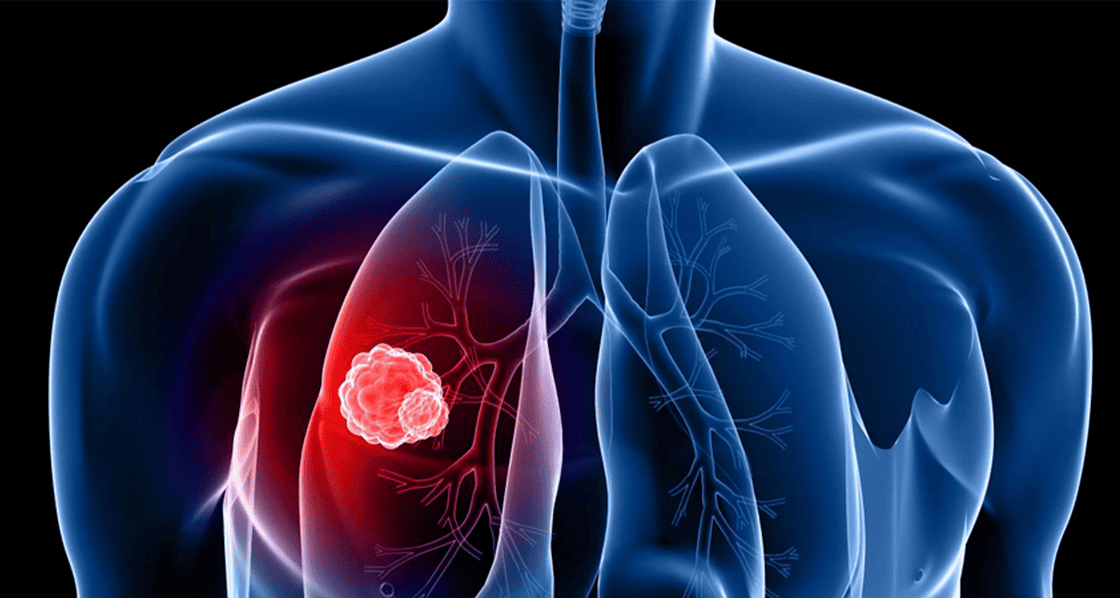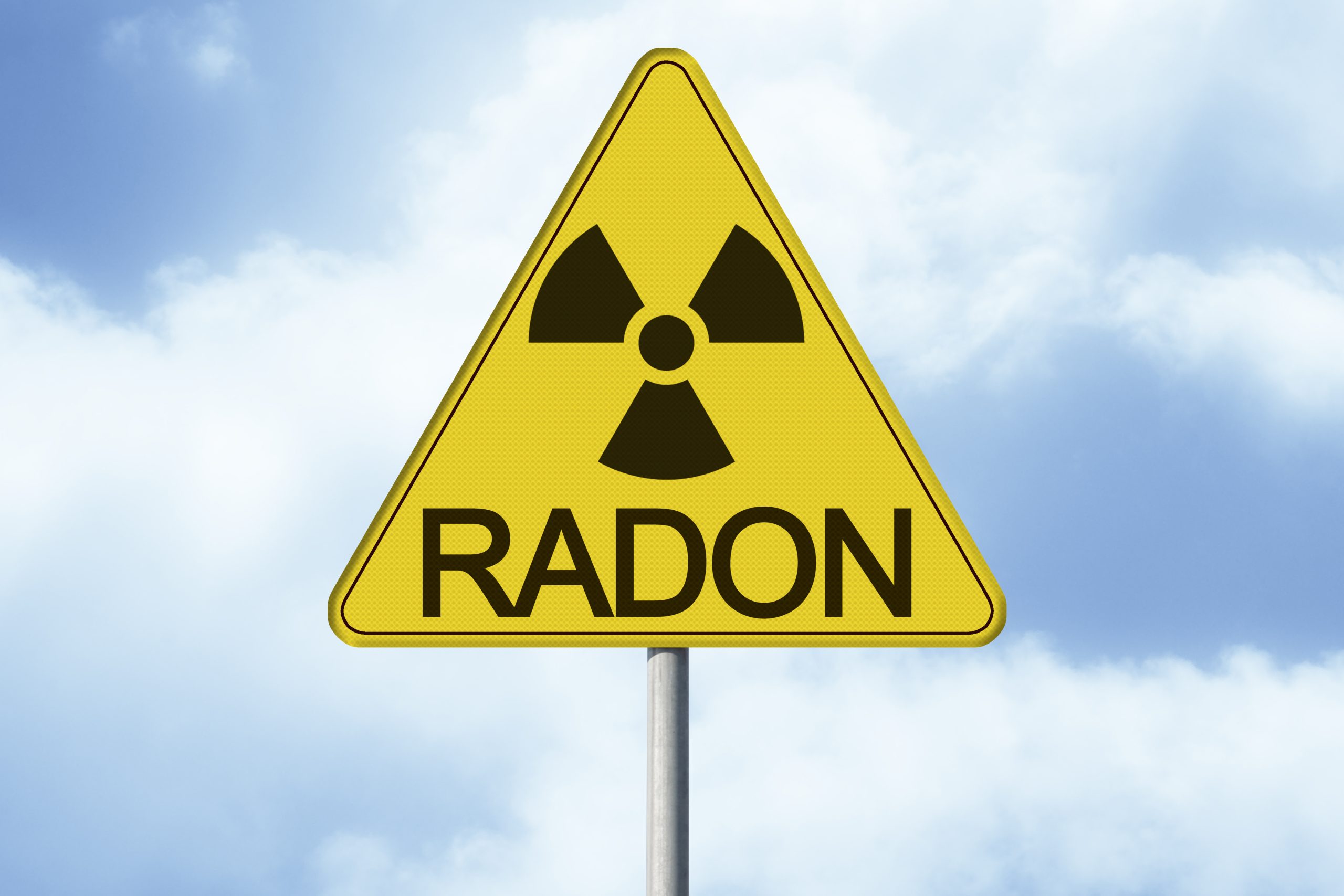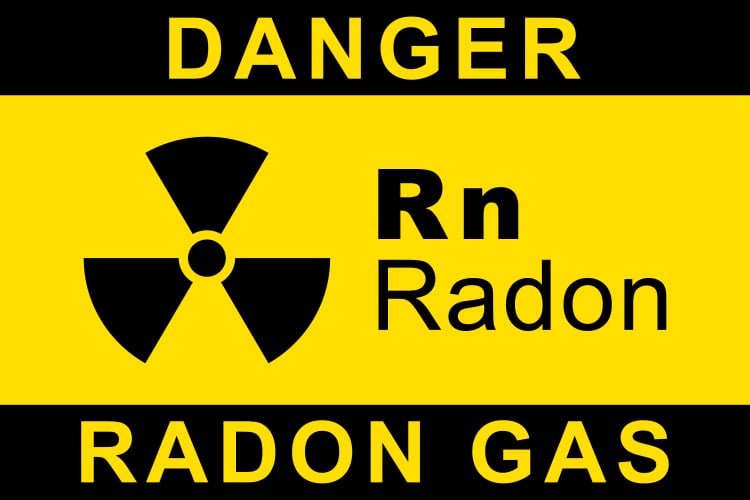Radon, a radioactive gas, has been the subject of much discussion and concern in recent years due to its potential health risks. However, some misconceptions about radon need to be addressed, particularly the idea that radon could be beneficial to health.
This article aims to provide a comprehensive and accurate understanding of radon, its health risks, and the importance of radon mitigation.
Table of Contents
What is Radon?
Radon is a naturally occurring radioactive gas that is produced by the decay of radium, which is found in soil, rocks, and water. Radon is colorless, odorless, and tasteless, making it difficult to detect without specialized equipment.
Radon is present in the air we breathe both indoors and outdoors, but it is generally at low levels that do not pose a significant health risk. However, when radon is trapped in enclosed spaces, such as homes and buildings, it can accumulate to dangerous levels.
Radon and Lung Cancer
Exposure to high levels of radon is the second leading cause of lung cancer, after smoking. According to the Environmental Protection Agency (EPA), radon is responsible for approximately 21,000 lung cancer deaths in the United States each year.
Radon decay products can be inhaled into the lungs, where they can damage the cells that line the lungs, leading to lung cancer. The risk of lung cancer increases with the level and duration of radon exposure.
Debunking the Myth of Radon’s Health Benefits
Despite the well-established health risks associated with radon exposure, some misconceptions about radon suggest it could have health benefits.
One such misconception is that radon can be good for you because it can stimulate the immune system and improve respiratory function. However, there is no scientific evidence to support these claims.
The misconception that radon could be good for you might arise from anecdotal reports of people in Montana visiting a radon spa, where they soak in water that contains radon.
However, this does not negate the well-established health risks associated with radon exposure. The radon spa in Montana has been closed due to safety concerns.
It is important to note that radon is a serious health concern, and any potential health benefits of radon exposure are outweighed by the risks.
The misconceptions about radon’s health benefits are not supported by scientific evidence and should not be used as a reason to ignore the potential health risks of radon exposure.
Radon Mitigation
The best way to protect against the health risks of radon is to test for radon and take appropriate actions to mitigate high levels. The EPA recommends testing for radon in all homes and buildings, regardless of location or age.
Testing is relatively simple and inexpensive, and it can provide valuable information about radon levels in your home or building.
If high levels of radon are detected, several mitigation strategies can be used to reduce radon levels.
These strategies include sealing cracks in floors and walls, increasing ventilation, and installing a radon mitigation system, which can help to reduce radon levels in your home or building.
Conclusion
Radon is a serious health concern that can increase the risk of lung cancer, especially in smokers. There is no evidence that radon has any health benefits, and any potential health benefits of radon exposure are outweighed by the risks.
Testing for radon and taking appropriate actions to mitigate high levels is crucial for protecting public health. By understanding the health risks of radon and taking appropriate action, we can help to reduce the number of lung cancer deaths associated with radon exposure.





